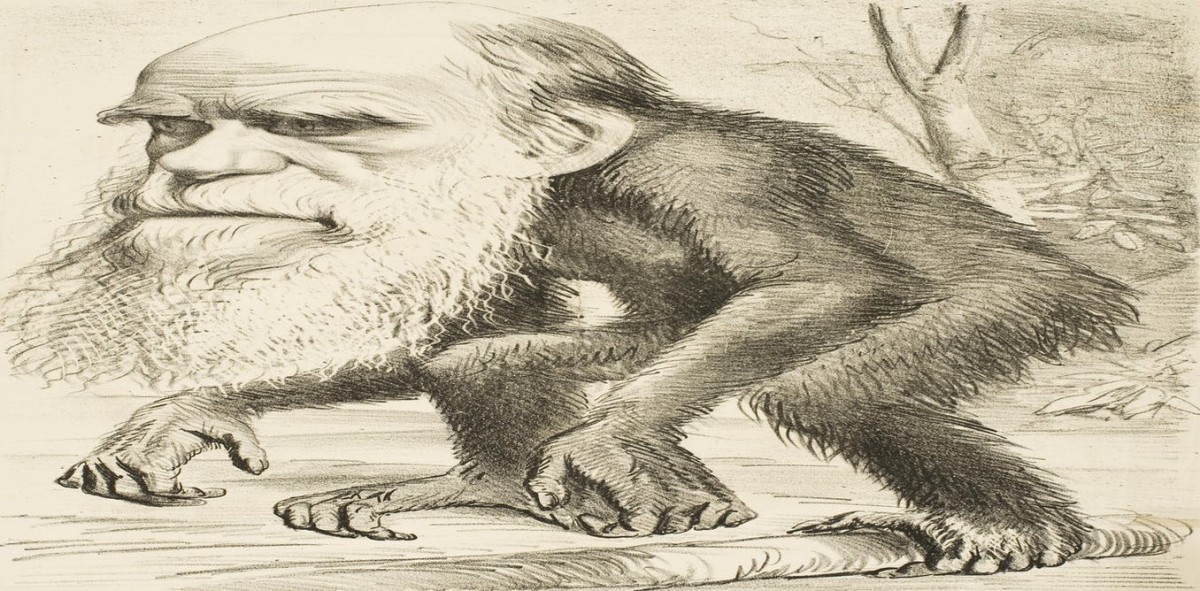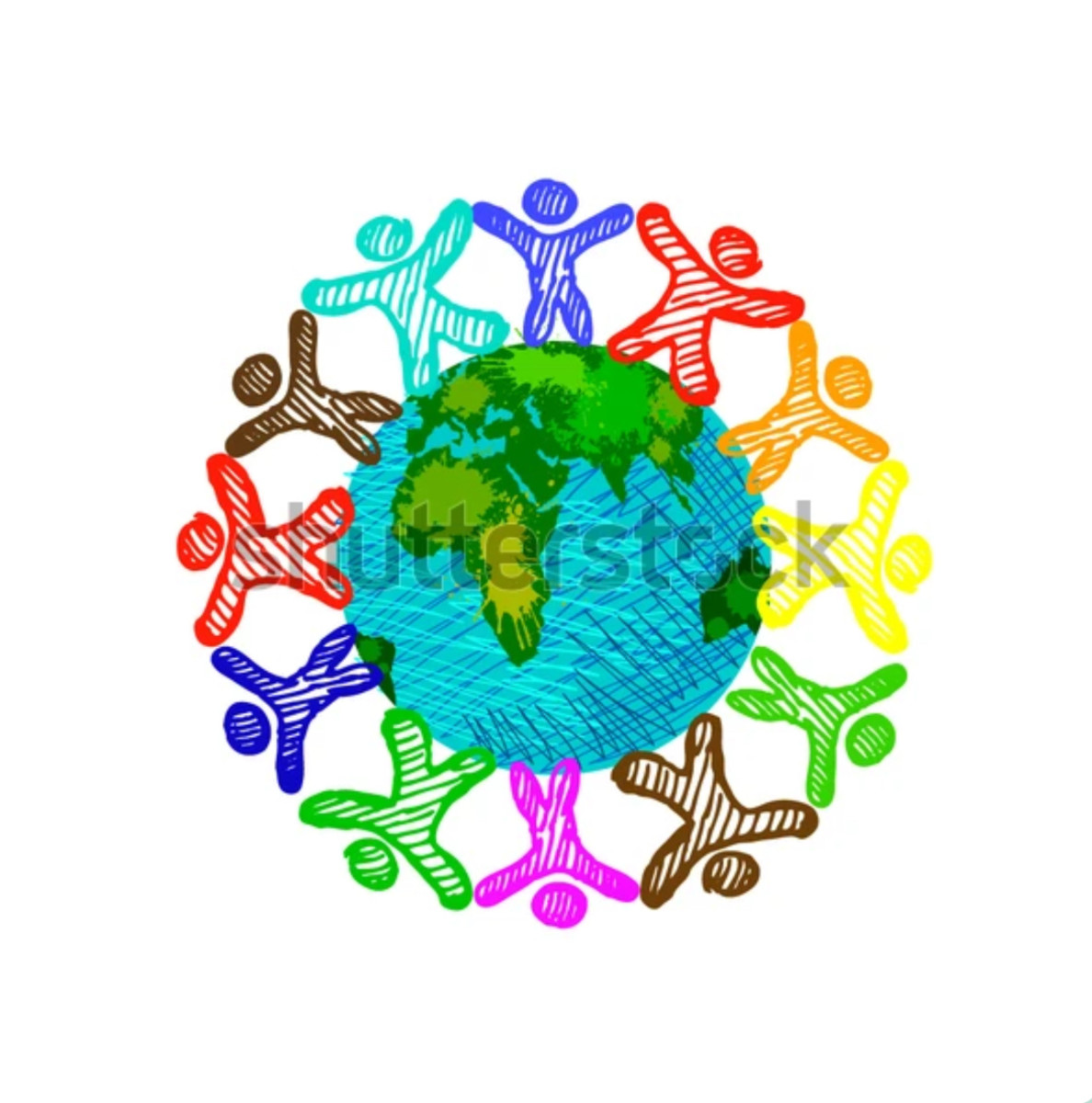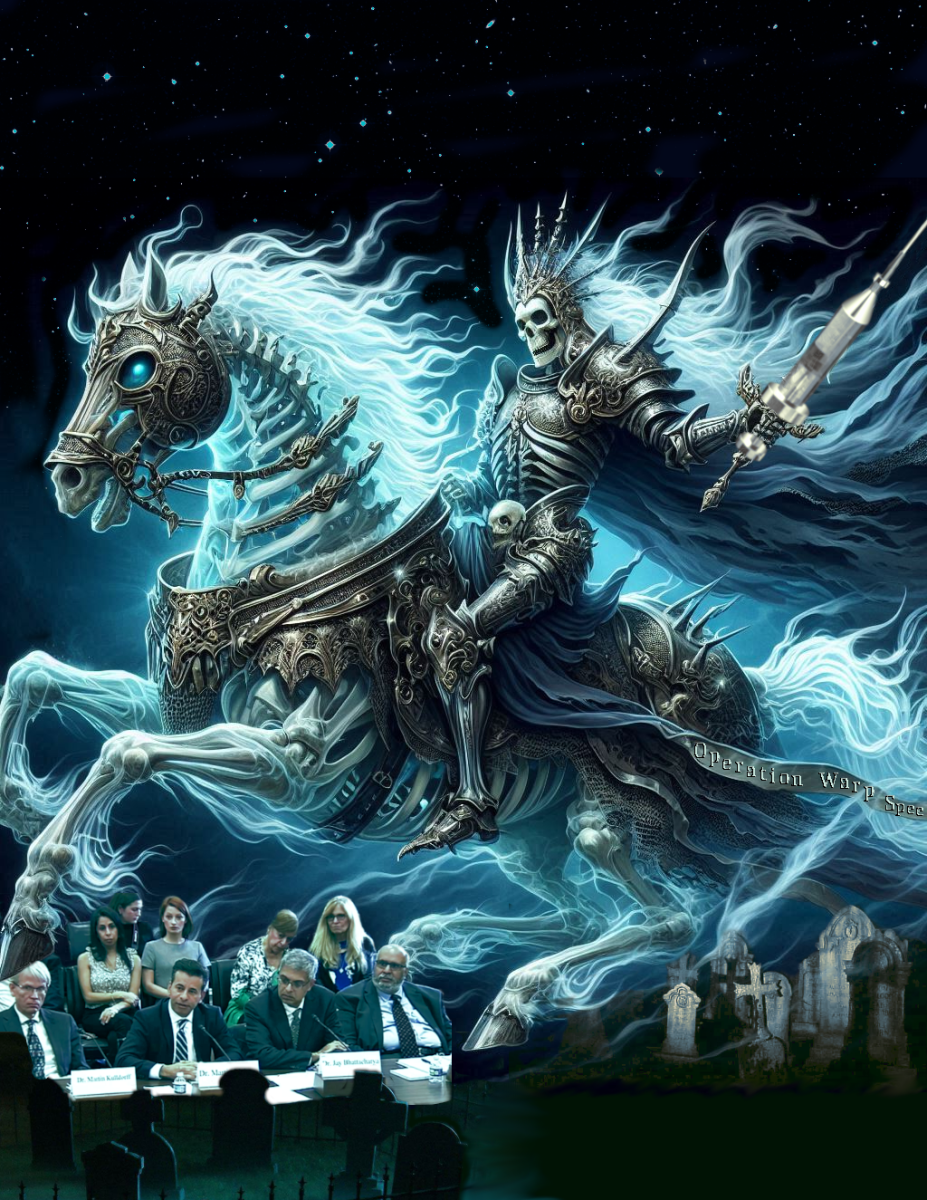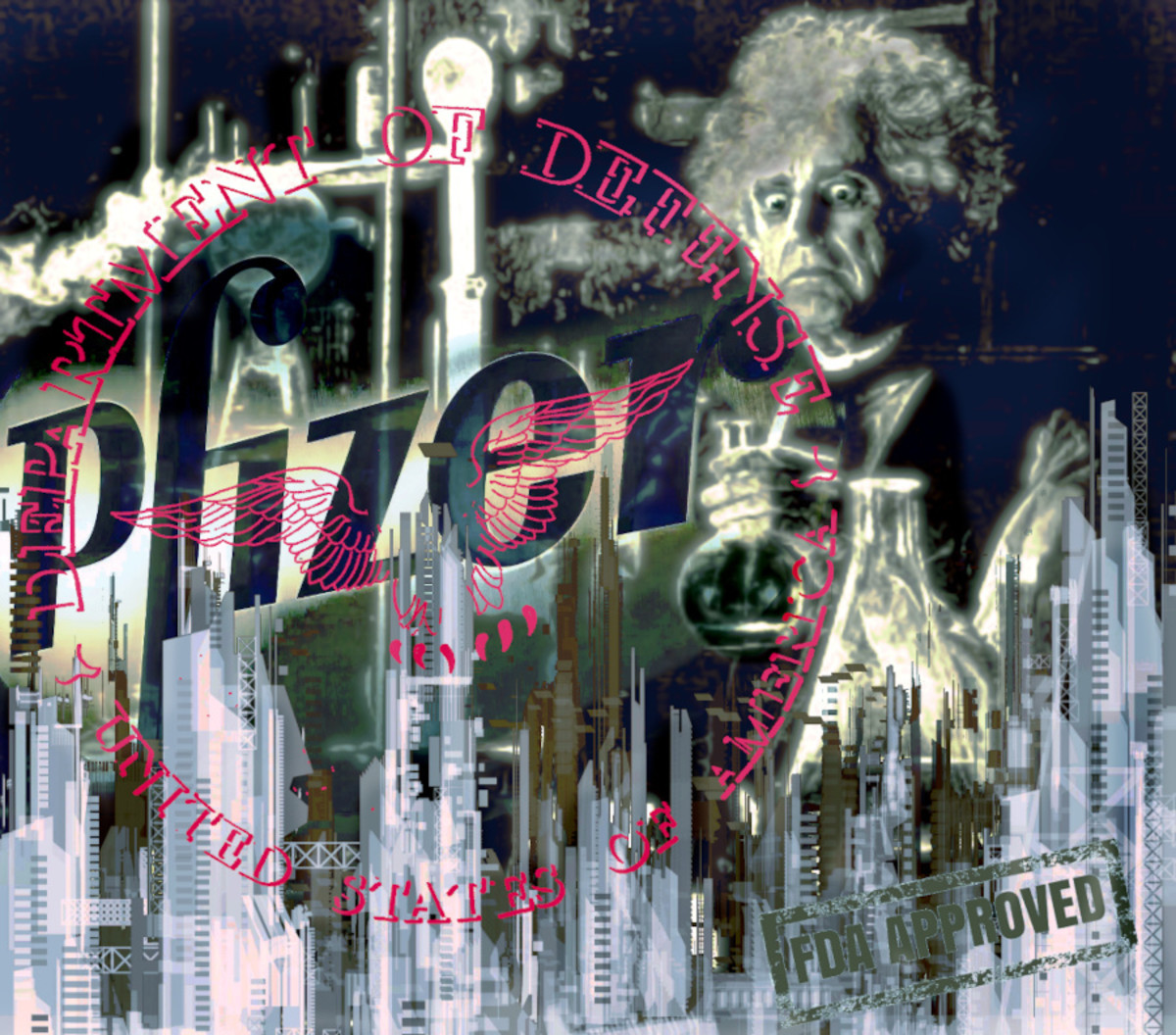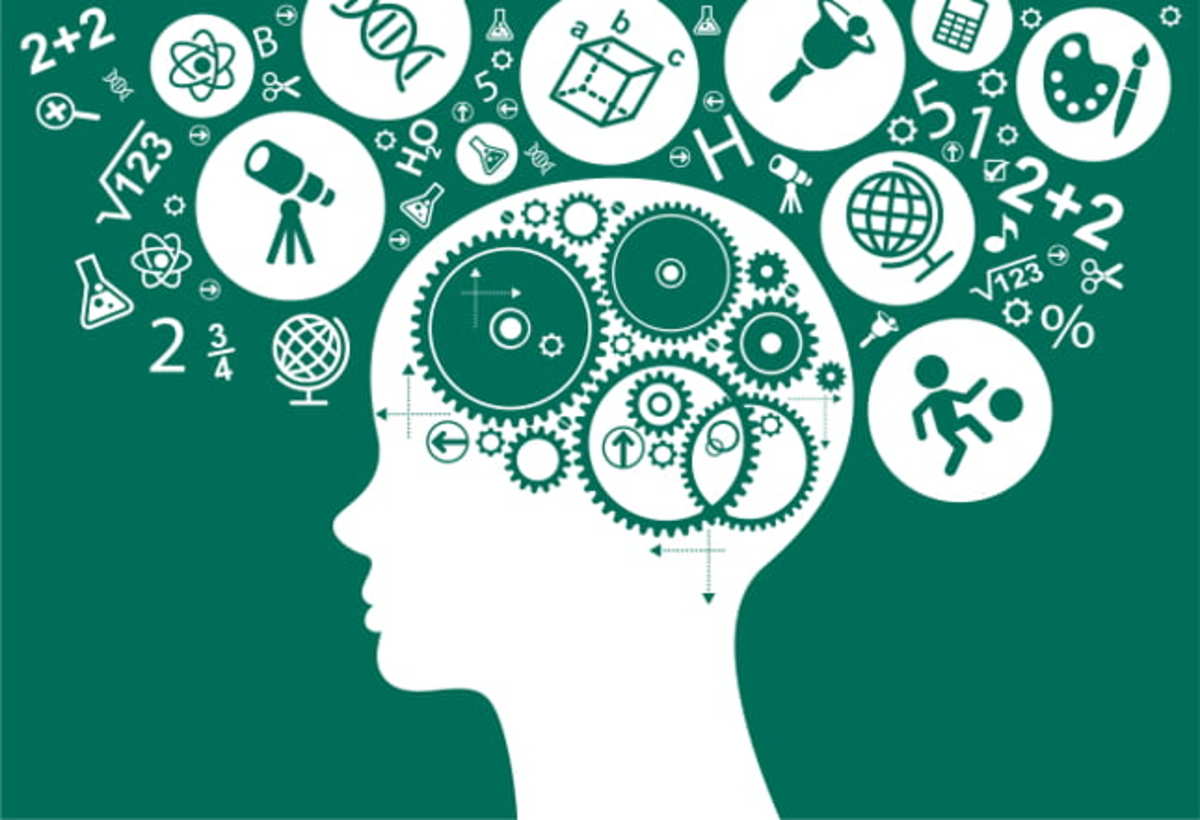Altruistic Evolution – Need of the Hour?
All over the world, human societies are in a state of disarray. Since commotions occur on a multitude of issues, like political, religious, or ethnic rivalry, constant attention is needed to keep those down, to maintain even a semblance of peace and orderliness. As a result, rather than preparing ourselves to probe and counter future challenges, the present is keeping us fully occupied. Why aren’t human societies calm and serene? Where lies the problem? What can be done?
Where is the Problem
Let us say, how life appeared in human form is, more or less, as narrated by the theory of evolution. Which can explain what we do. All our actions are only natural responses to different stimuli, like other forms of life. Except that in our case stimuli could be real as well as abstract. Hence, I think the problem does not lie in our actions. Which is confirmed by the fact that though there is concerted remedial attempts from every nook and corner, be it political upheavals, religious decrees, or social engineering, each and every society remains as incendiary as before. That is, totally different actions or approaches, which would have been the suggestions from these corners, remain equally powerless. True, religious, social, as well as political leadership recognise it, and constantly advocate some repair, mostly in the form of corrective or punitive action. But, since the very excuse for the choice of each, political, social, or religious leaning, is in the undesirability of the other two, such repair actions effectively do nothing but passing on the blame.
Where, then, lies the problem? A turbulent society is not an uncommon thing, for all species of life. But, unlike other species, human societies do not get corrected or settled on its own. And, if some correcting force is not available, or is insufficient, the society will surely meet its doom. Our history is replete with instances of decay and death of cultures, literary wealth of olden times show. Now, what is the correcting force, as far as other species go? Nothing but their living style, where, functional divisions and responsibilities nullify disturbing forces. But in our case, so far, repair actions were doing nothing but passing on the blame, with of course, (temporary) relief. We then forget about it, while the relief lasts, and then pass the blame, once again. Had we persisted, we would have had the occasion to experience or realize the root cause, the absence of a unique living style for humans.
The Root Cause
Some style would have evolved, had such frequent instances of unrest not been accepted as a part of our life, one can safely say. The living style should have been able to explain, why we do, what we do, and lead us to the answer we are looking for. Given that humans were intellectually oriented right from the beginning of their origins, since we have no information to the contrary, the living style that came to be adopted would have been taking into account, all the strengths and weaknesses of the race.
It didn’t happen, then or later. We do not have a unique living style, even now. I think we continue to imitate blindly, other forms of life. Our mannerisms, our habits and all our priorities of life begin its journey from there. This, though we know, unlike all the other forms, each human being tends to learn and adopt a style for oneself, for whatever one does. And we proudly do so in all matters not directly related to physical well being, like reading, writing, or mannerisms.
While we remain interested to learn more about life, and derive the benefits thereof, we seem to be uninterested to learn about the best way to live that life. This, though we know, nothing comes to us without learning. I therefore think, we have two issues in hand needing immediate attention, and a much larger question of great significance to our future. One issue is, learn, or derive the optimum living style for humans. And the other, incorporate that style for the race in a suitable manner.
(And the larger question, that is, how is such a grave situation going unnoticed since time immemorial, will also get addressed, while deriving the optimum style. Concede, as it stands, we are approaching all issues in the material plane logically and with reason. We always compare the actual with the desired, compute corrections wherever necessary, and apply those, to marry the actual and the desired. However, in all other areas, as our behaviour is guided more by certain irrational interests than by natural propensity, a good part of human transactions lead to unintended consequences, which in many cases are highly destructive. While deriving the optimum lifestyle, since we will be doing a rather thorough study of human transactions, specifically of those lacking in reason, appropriate guidelines would emerge.)
Humans Lack A Style of Their Own
Let us once again look at the human species. The issue is a simple one. The appropriate ways of doing things, especially for those activities that are observed to be essential for life, do not come to one, on its own. This is quite different from all the other forms of life, where such an ability is there, at the time of birth itself. Rather than investigating into this with a view to establish whether these activities have a human equivalent, or not, we just copy other beings. (And we have no qualms in viewing it as a unique quality of the race, and feel proud about it!) One has to learn things in one’s early years, if one is to enjoy the years, one is capable of enjoying. Still we continue to imitate other forms of life, while not making any efforts to make an original study. I do not know whether we are aware of this, we make it a point to spoon feed the next generation everything related to life, much of which we ourselves are not clear about. And, more than anything else, it makes our ignorance perpetuate.
Before suggesting a living style, let me examine a few unique aspects of human life, especially to see, whether we have been missing any. One can safely assume, all the aspects we have not been missing would have already become a part of whatever lifestyle, we currently follow.
Thinking Animal?
Is Man a Thinking Animal
I have heard it often, man is a thinking animal, and our lifestyle is largely based on this. I think the statement is not entirely right, since it promotes the idea that animals do not think. For whatever activities humans may do involving all dimensions of thought, something of comparable complexity exists in the animal kingdom too. I think this deserves further study.
In his bestselling book 'Thinking fast and Slow’, Daniel Kahneman puts forward the idea of thinking as a mixture of two different activities. 'thinking fast', and 'thinking slow'. To put it in a simplified way, each of us is constituted by two individuals, one, identifiable as the experiencing self, who tends to think fast, and the other, as the remembering self, who tends to think slow. Appropriate combination of the acts of thinking and the one who performs it, is the need of the hour, anytime. I plan to show some audacity by making a few suggestions here.
'Thinking fast' could correspond to immediate reactions, or instinctive response. Which also is what is done by all forms of life excepting humans, where, every stimulus is reacted upon instantly.
'Thinking slow' points to studied responses, perhaps the appropriate ones, when we consider humans. Where, rather than reacting instantly, the focus is on the effectiveness of the response, or the desirability of whatever real or abstract consequences it may lead to. Which could entail some amount of reflection, with the help of symbolic logic or various form of language. In fact, the prime function of a language is nothing but this.
Now what is remaining is only a logical conclusion. 'Thinking fast' denotes animal instinct, what can be called instant reactions. And 'thinking slow' is what we should have been having in our minds, whenever we use the word, thinking.
Then, and only then, Man is a Thinking Animal.
What Should We Do
What can we do, such that we become one?
We either stop 'thinking fast', or always resort to 'thinking slow', or both. Our natural response to every trigger should be to ‘think slow’, resorting to ‘think fast’ when it is not advisable to do so.
Now, let use see how to put a stop to 'thinking fast'. When do we react fast? When the mere presence of something calls for immediate response.
When do that happen? I think the general idea is, at any time, our response shall also be coloured by whatever is affecting our minds most, at that instant. Which can be probed further. While each and every idea continue to prod our brains, wherever we are not able to come up with an instant and satisfactory answer to the issue it posed, a reaction will arise. It is this reaction, which is colouring our response. And the reaction, of course, would have been shaped by one’s (lack of) priorities in life. (e.g. One who is very clear about one’s priorities in life, seldom will face a situation, where one is affected by one’s bad temper)
But, an instant and satisfactory answer could be there, which can obviate such instant reactions, if only one is ready think and come up with an answer. Our idea should be to make thinking the default activity, as far as humans are concerned.
Why do we think? We think, because, the very act of thinking is immensely pleasurable. How do we derive pleasure from it? I think we constantly compare the outcomes, consequences, conclusions, etc., almost at every instant, with whatever idea, concept, or expectation we already have in us from the immediate past, like the results of a preceding calculation, or those leanings that are always there. And, when there is nothing left to compare to, we resort to action. When looked at in this light, there is no reason why humans should try 'thinking fast', especially on new things or ideas. Since there is nothing to compare to, or there is no opportunity to relish the results.
So, the more we are aware about the many sides of a random issue that comes up, the more solid, our propensity to 'thinking slow'. Which calls for keeping ourselves, always well informed and updated.
Our default mode shall then be that of 'thinking slow'. Now, since our natural choice in all matters will be the one providing most returns, we need to make 'thinking slow', one attracting the most benefits. Had it been so, one benefit surely would have been the discovery of the optimum lifestyle for humans, followed by its adaptation by all. ‘Thinking fast’ could be there, say, for emergencies.
Presently, all of us engage in 'thinking fast', since it comes to us effortlessly, as we are trained and encouraged to be so, from birth. Many of us happen to turn out results that are highly cherished. (Since the first thing we learn in life is to cherish such results!) As a result of which, they lead a wonderful life. They value those results, and get together, perpetuating it. And a human society is born. Many more of us, though not that successful, manage themselves to fit into the society. The few leftover, who are a failure as far as ‘thinking fast' go, resort to 'thinking slow', producing matters that guide all, including those who think fast. (It is because of this unintended guidance that our society remains in one piece, since it would also have been compensating for the seeds of destruction, every instance of ‘thinking fast’ would be producing) And they remain on the borders, or as outsiders beyond the society, or, the society models itself to accommodate them in whatever form they are.
In Conclusion
To summarize, from the early days of evolution, humans did not make an attempt to identify the optimum style of living. Instead, they chose to hang on to the default, the lifestyle adopted by every other variety of life, something easily visible to them. Which continued ever since. As a result, human race is always in disarray. To make a change, and derive the perfect living style, we should now begin on a clean slate. Fashion our life from the very beginning. We need to identify ‘thinking fast’ as another of our animal instincts, and resort to it sparingly, just as we do with other reactions of such nature. Humans could identify themselves as a form of life, where the default is to ‘think slow’. And when that happens, gone will be the excesses, differences, or skirmishes that engage the race perpetually in wasteful and harmful ventures, bringing a bright future to our future.
© 2019 ROY T JAMES


